
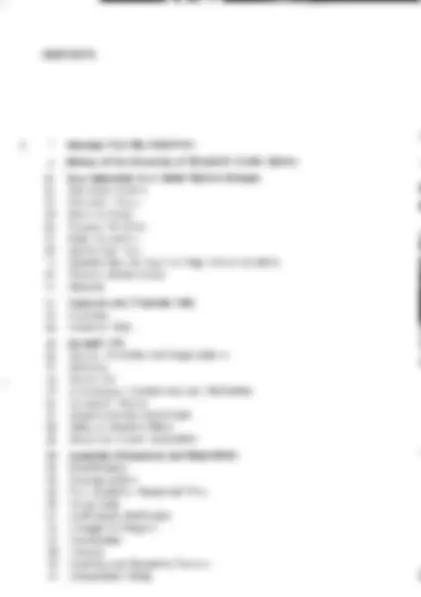
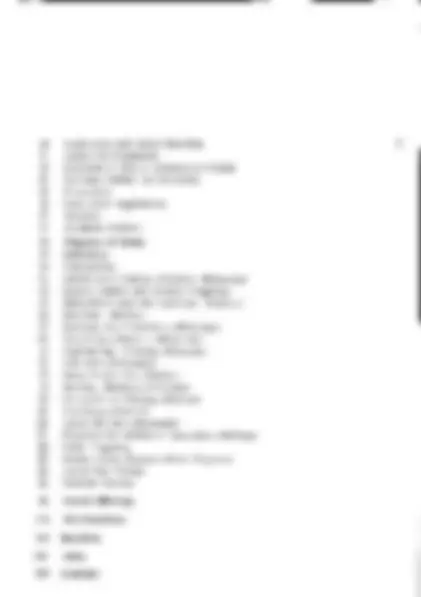
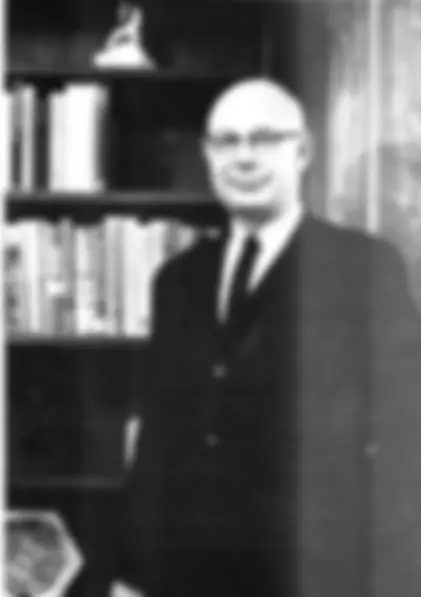

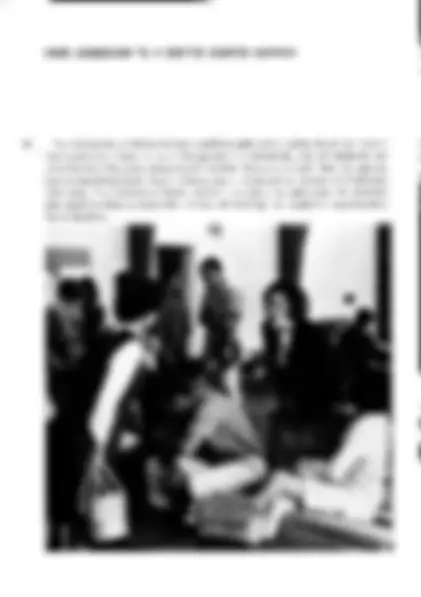

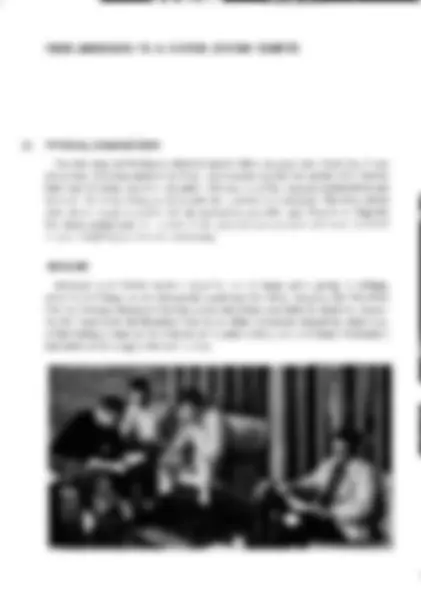
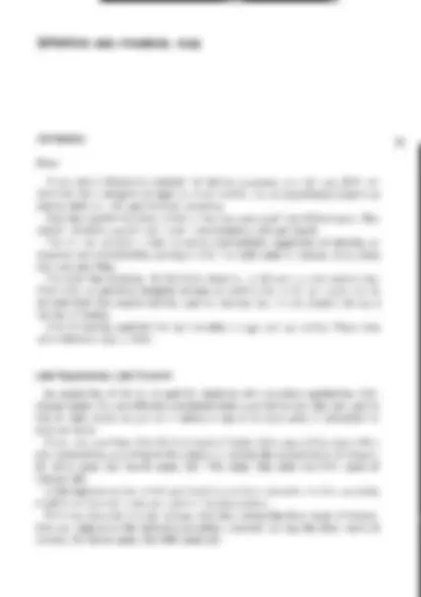
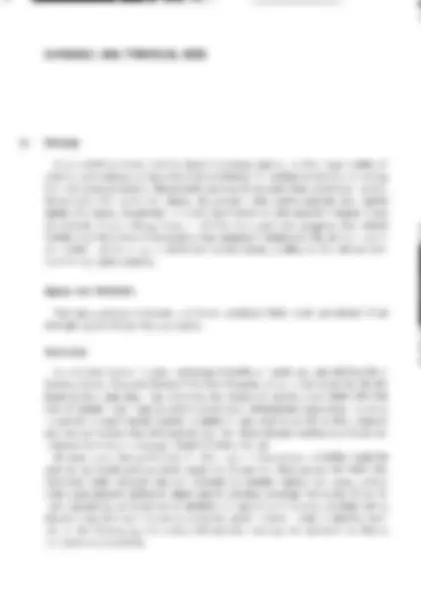
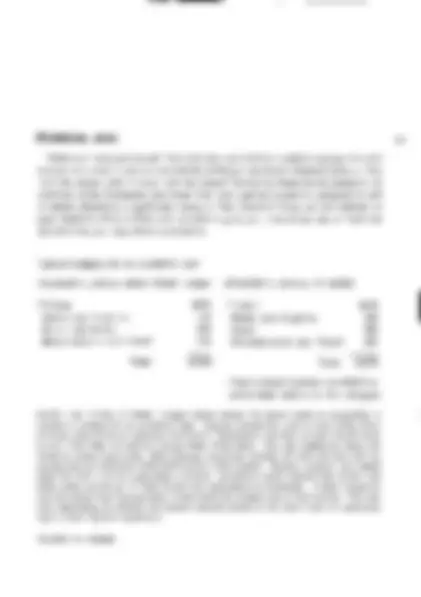
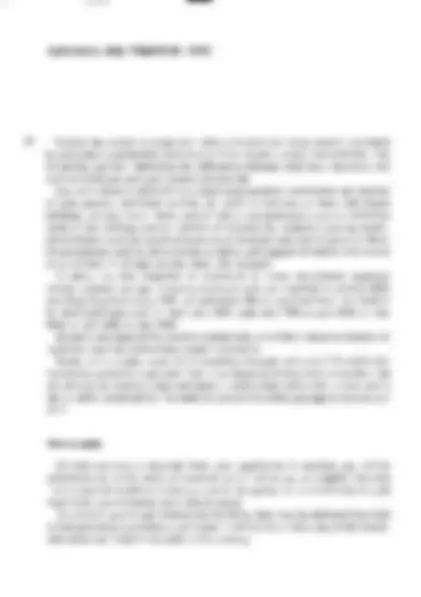
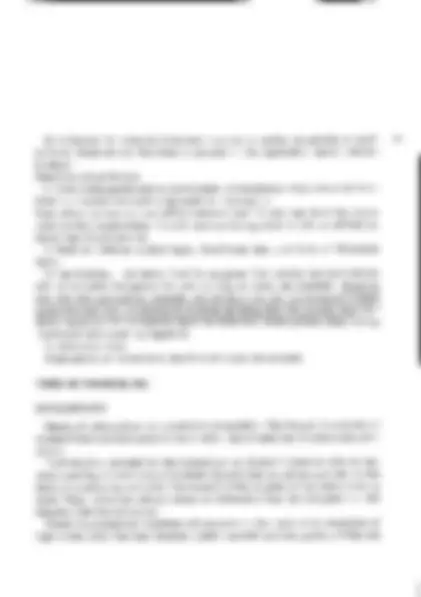






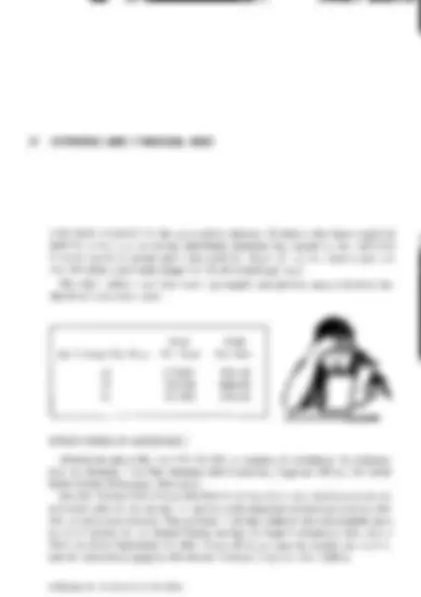

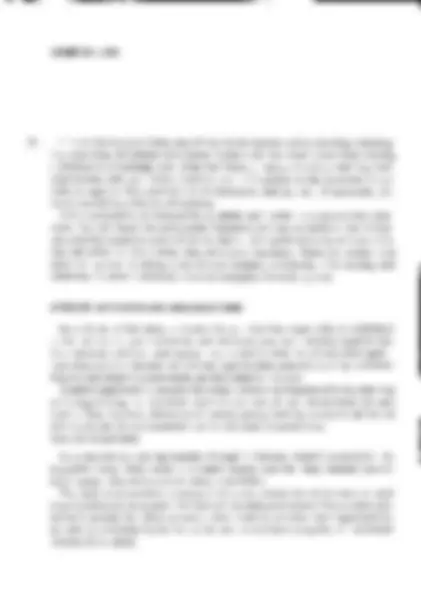

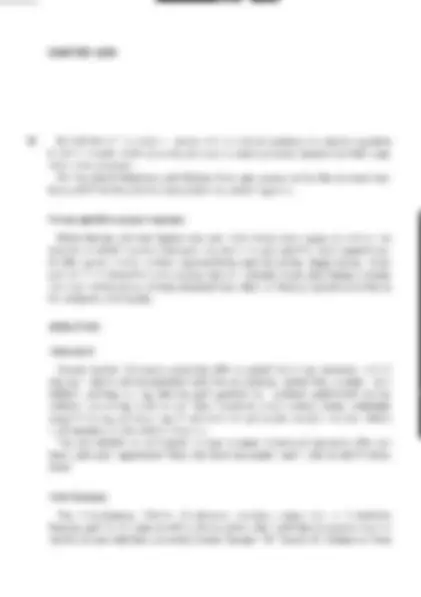
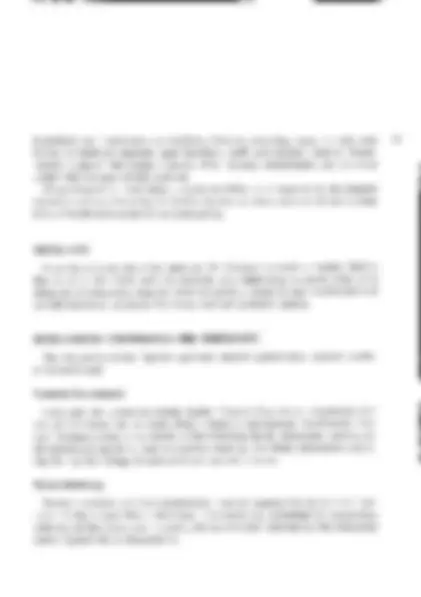
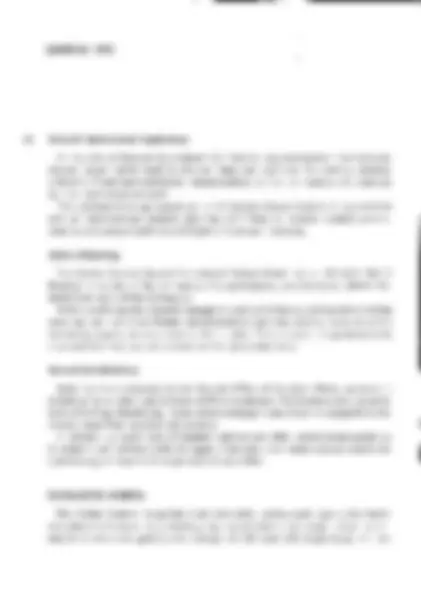

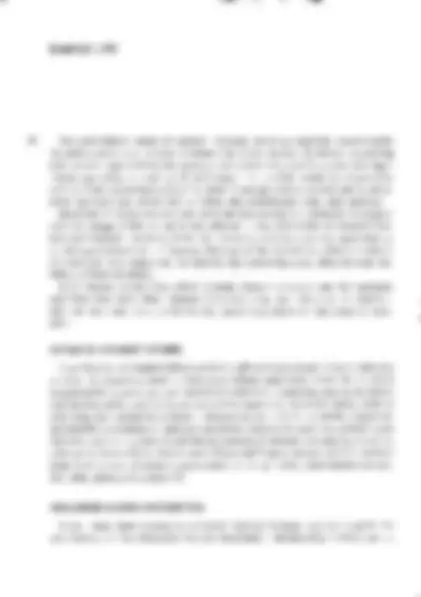
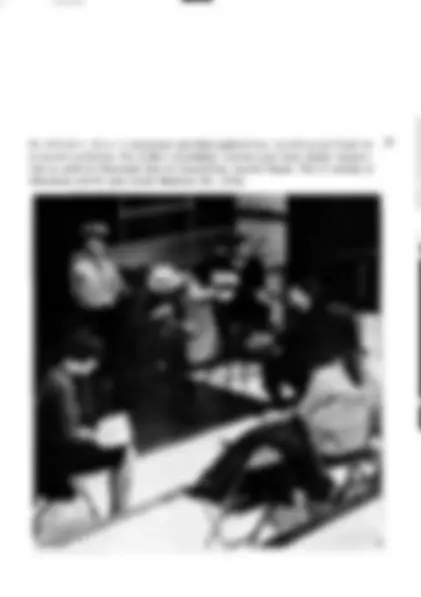
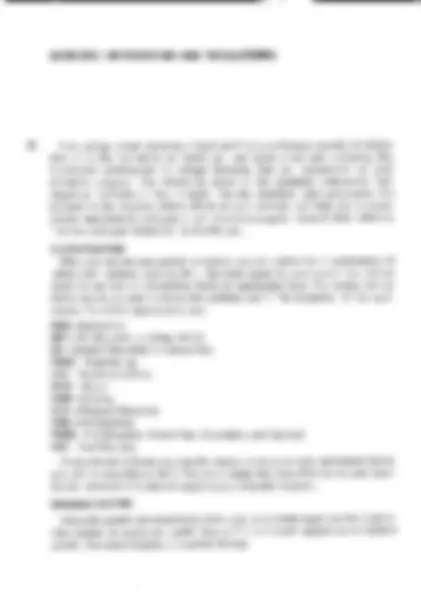
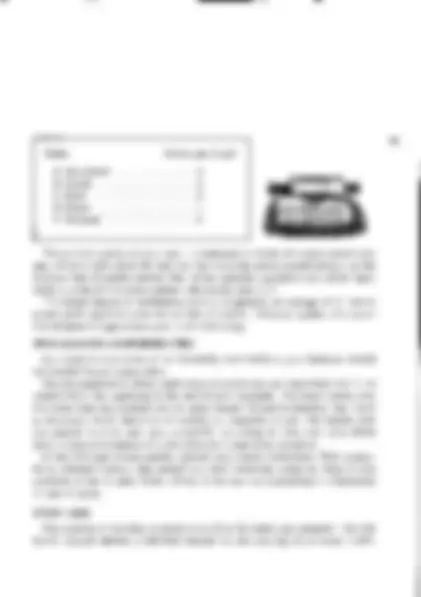
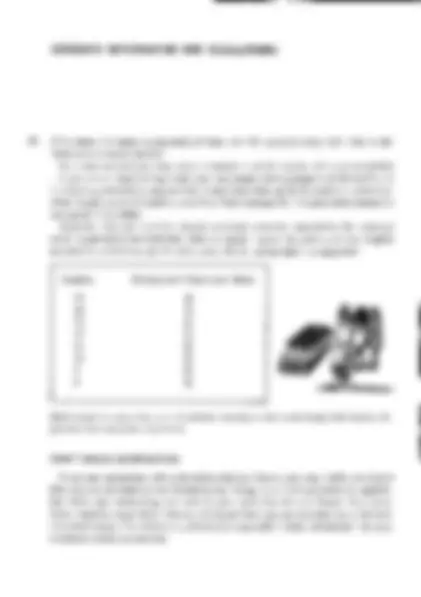
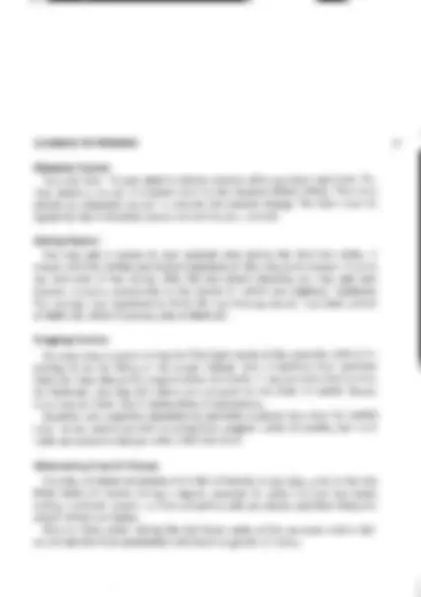
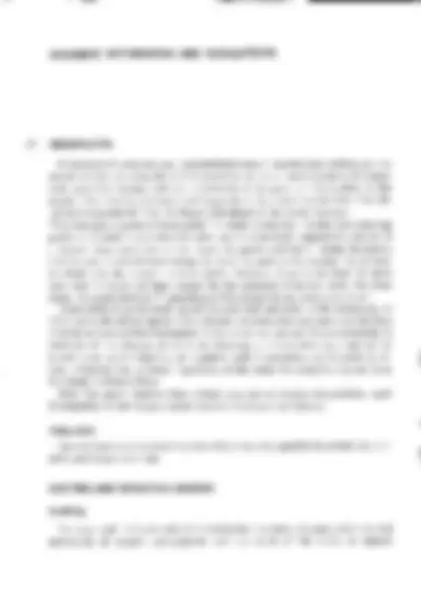
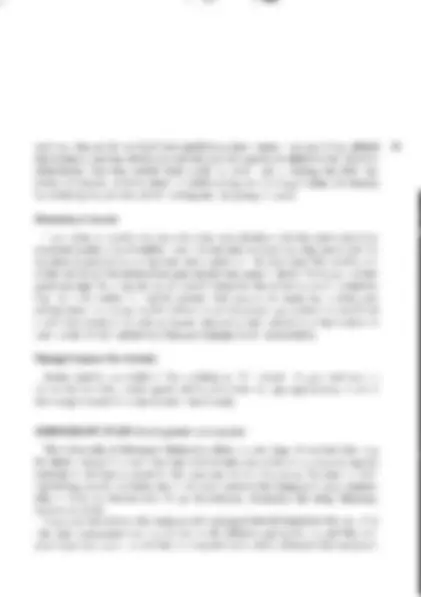
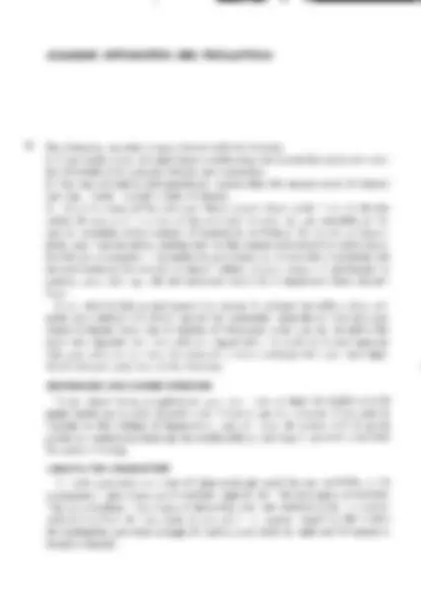
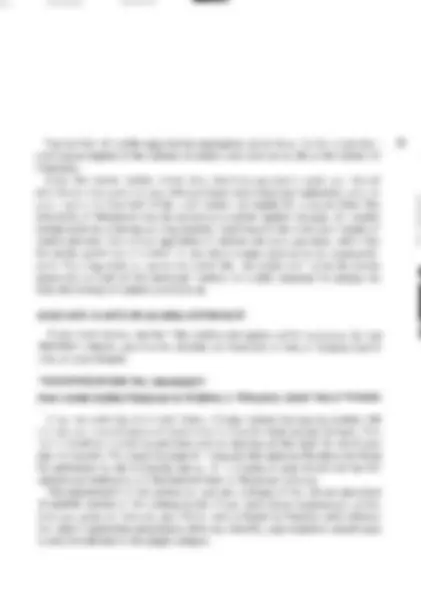
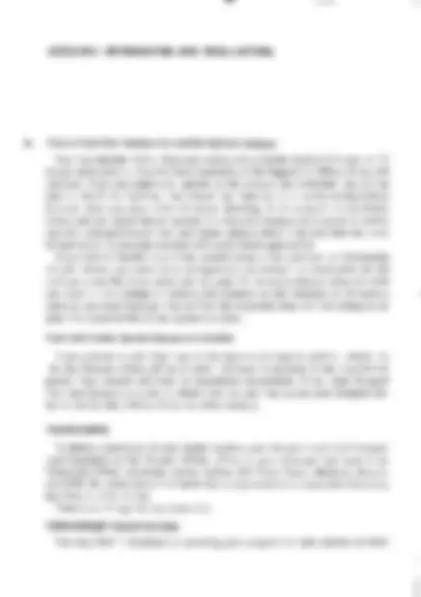
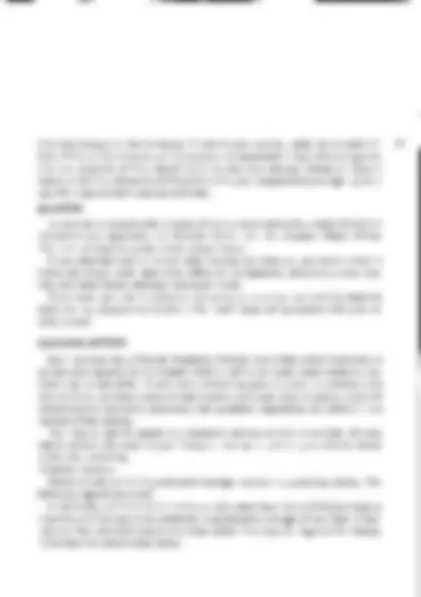
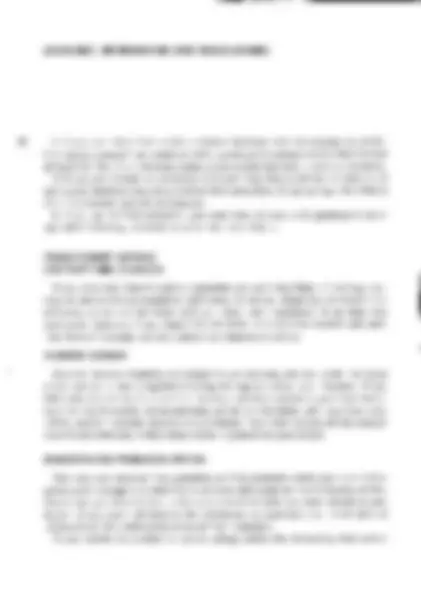

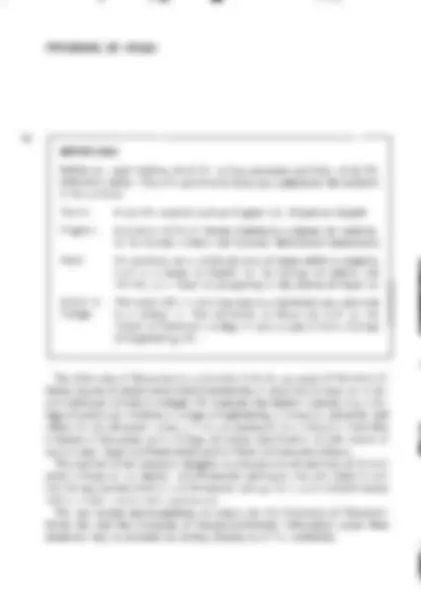
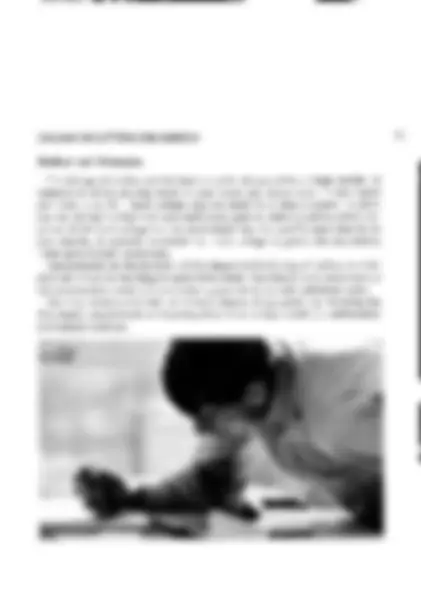
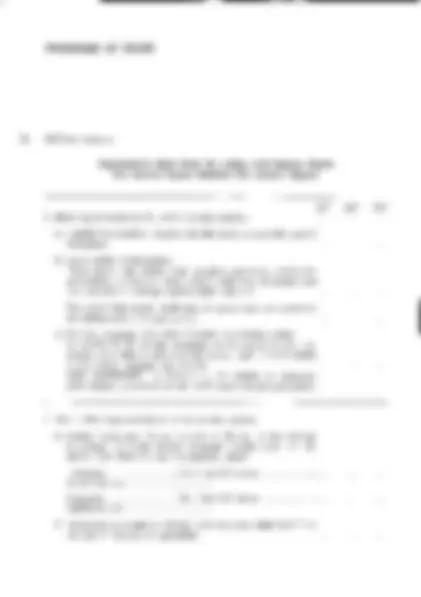




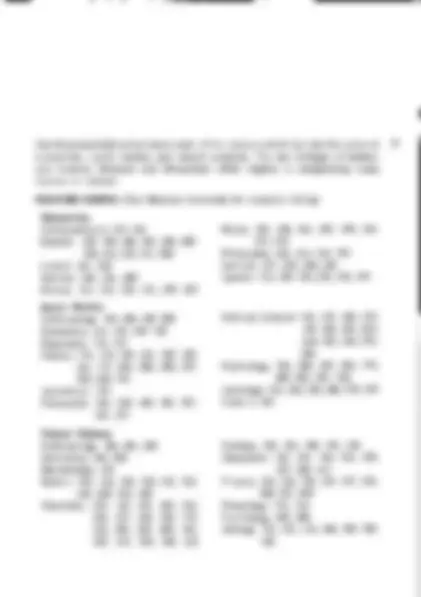
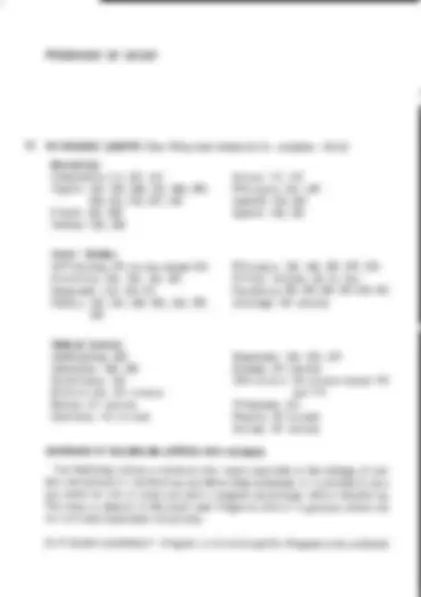
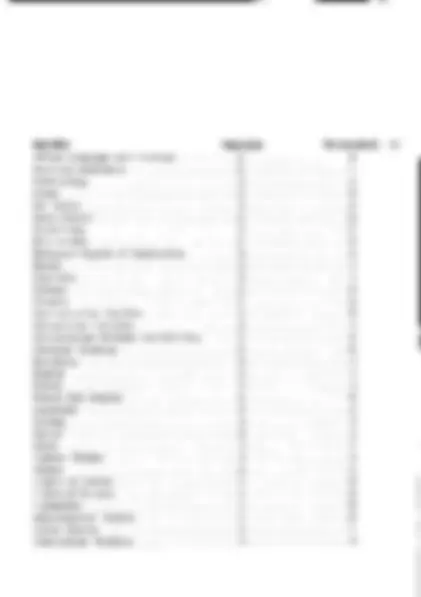
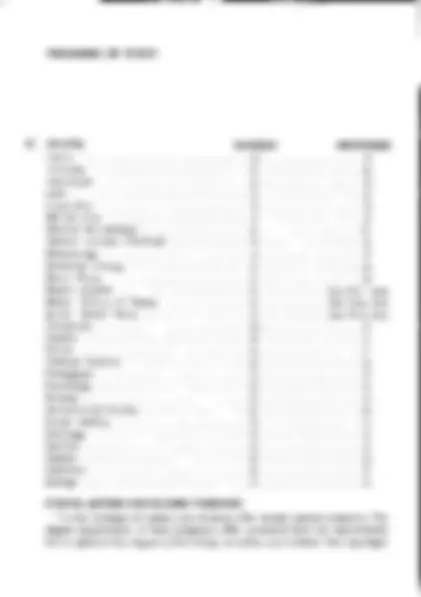
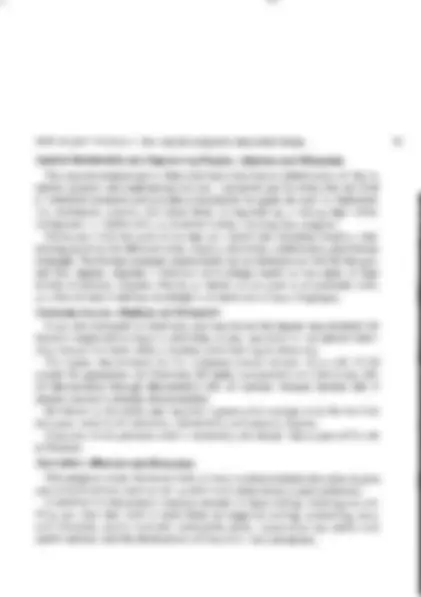
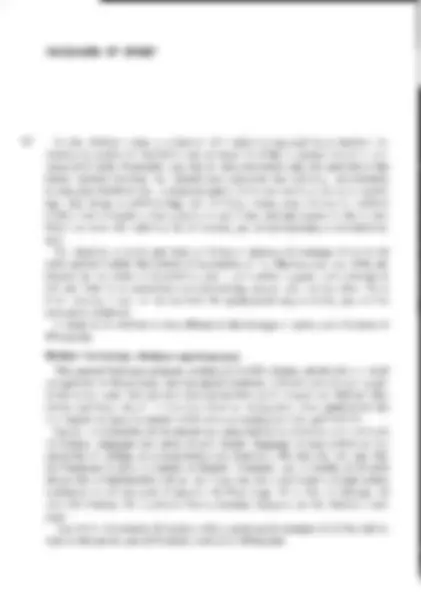
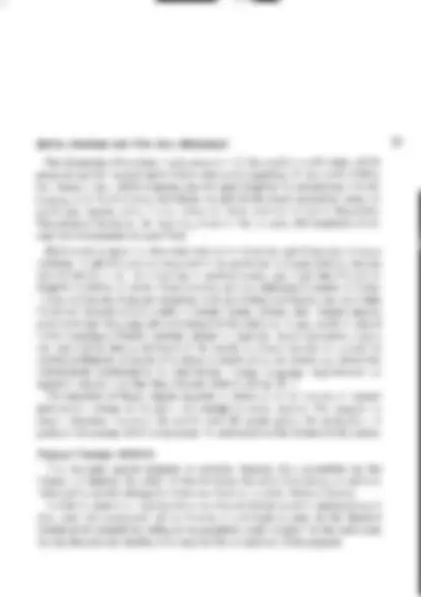
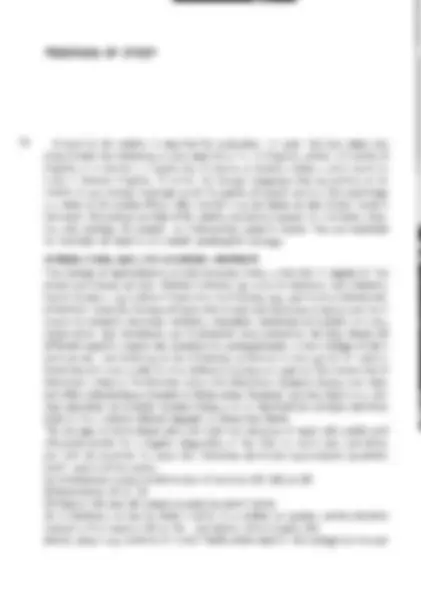
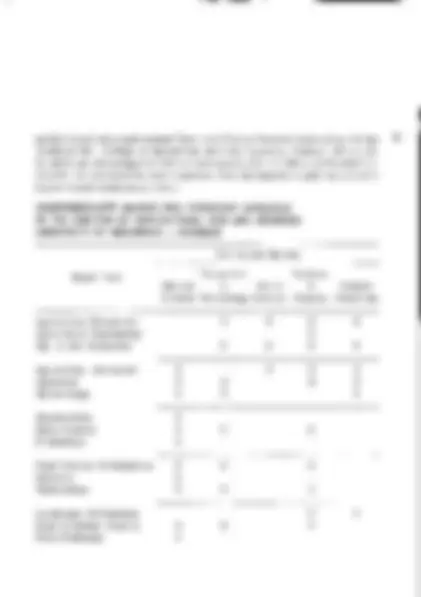
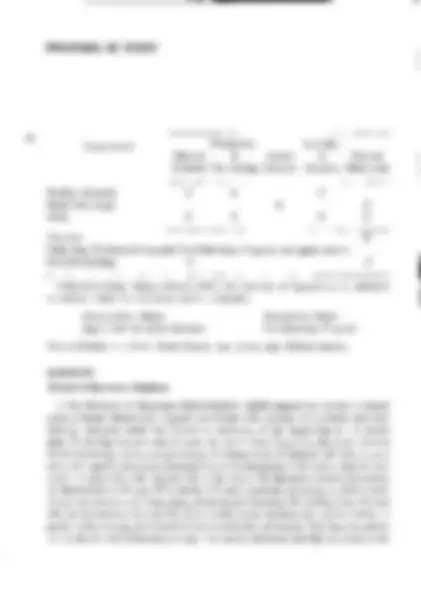



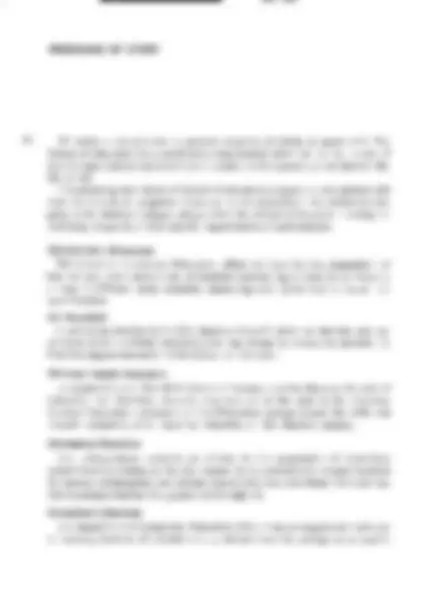
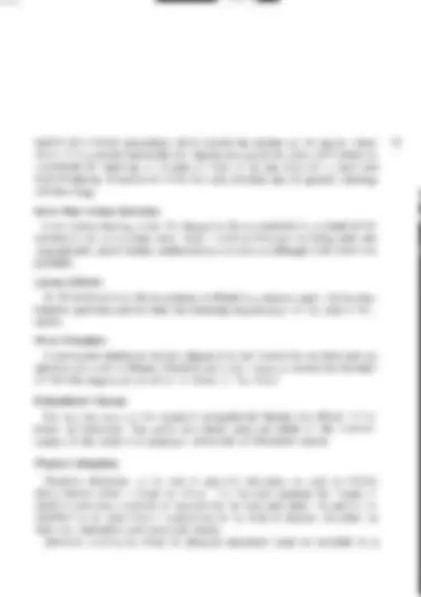
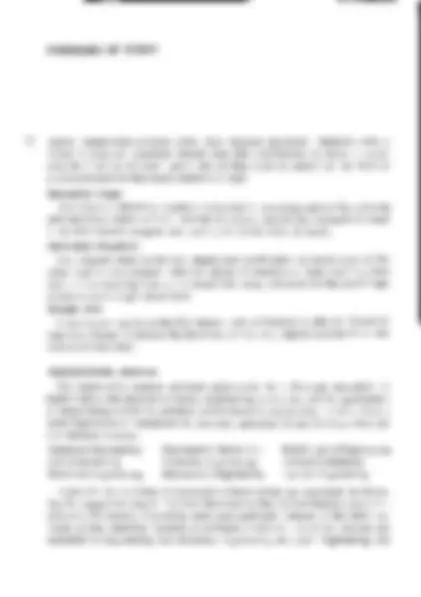

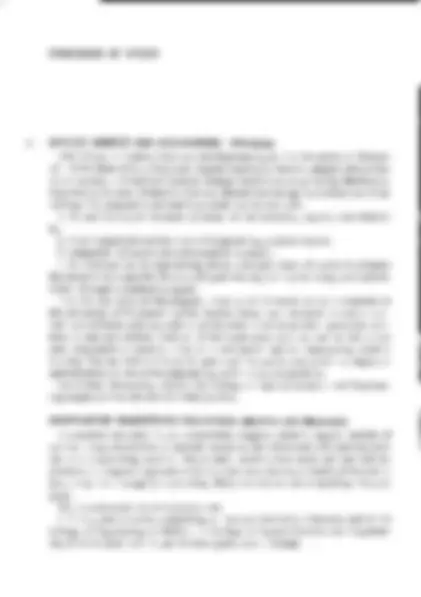
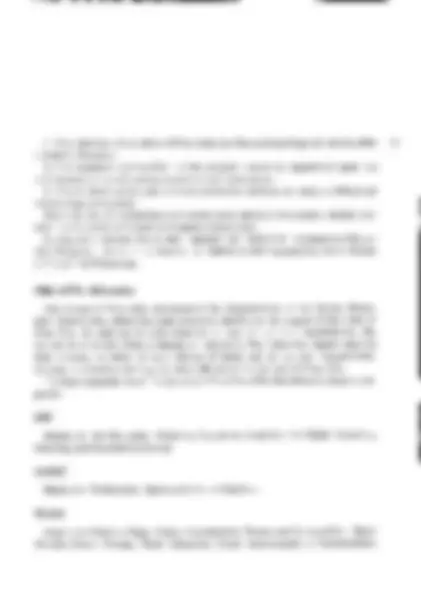
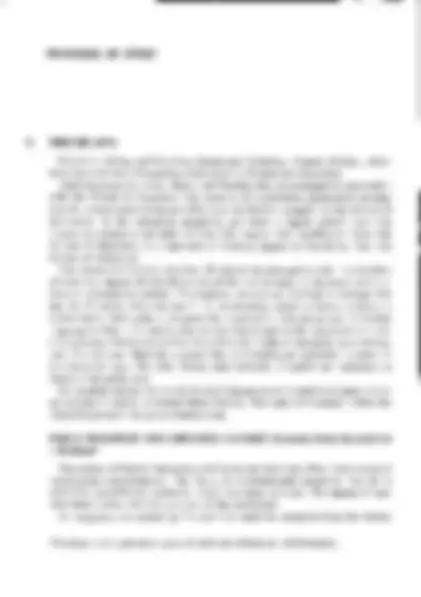
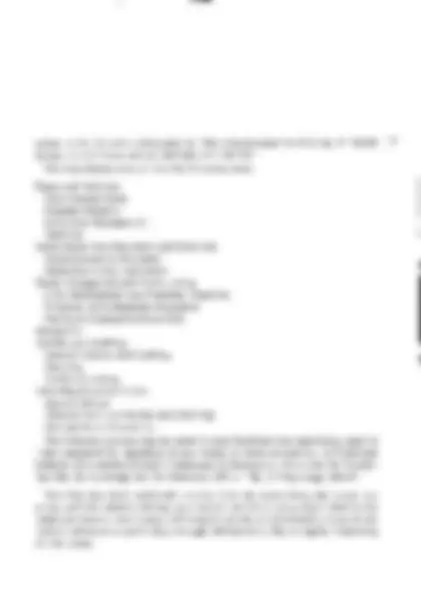
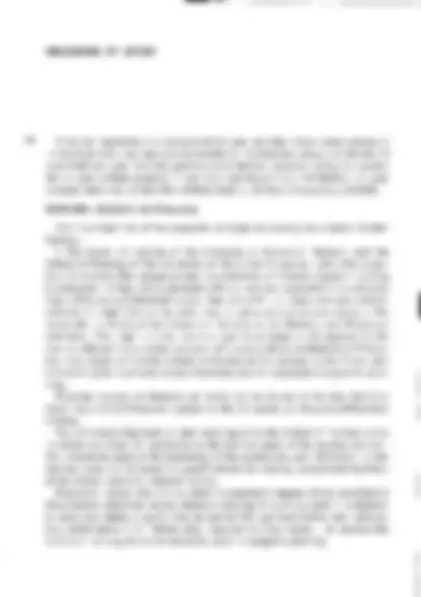
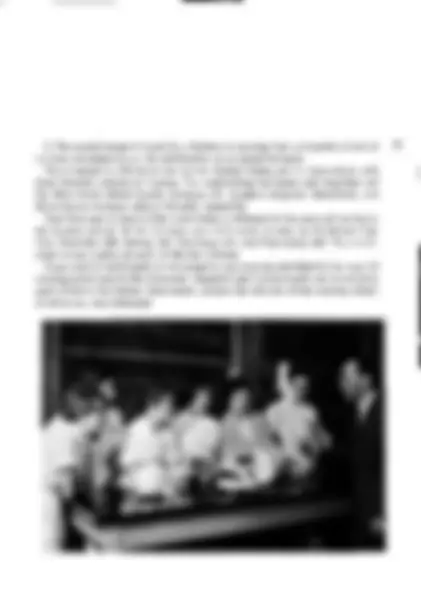
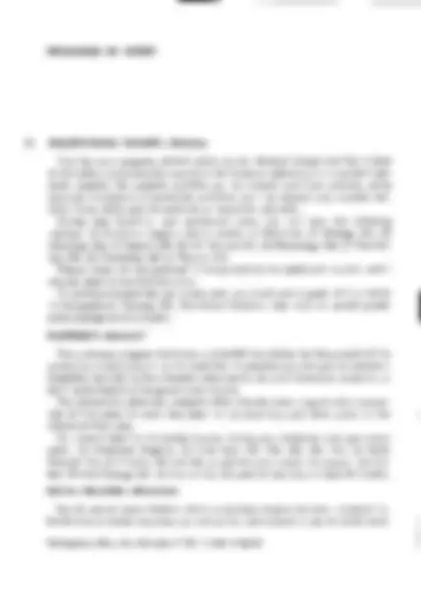
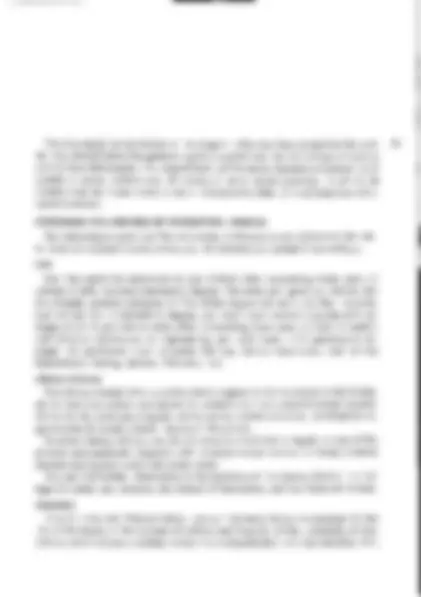
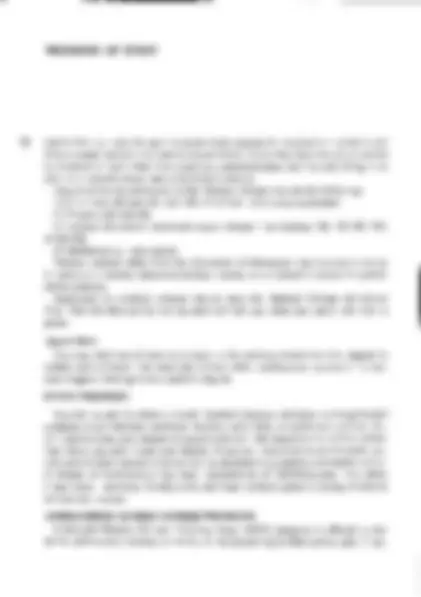



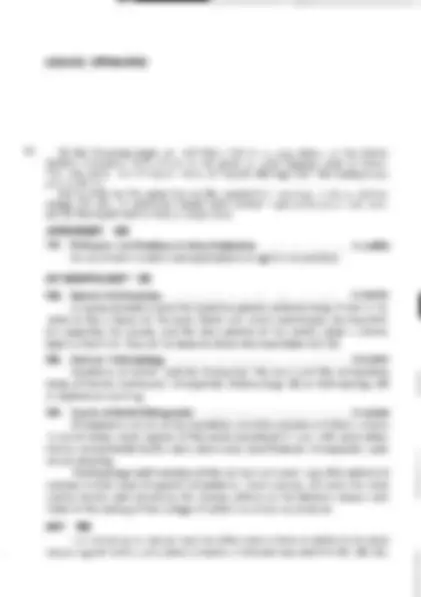
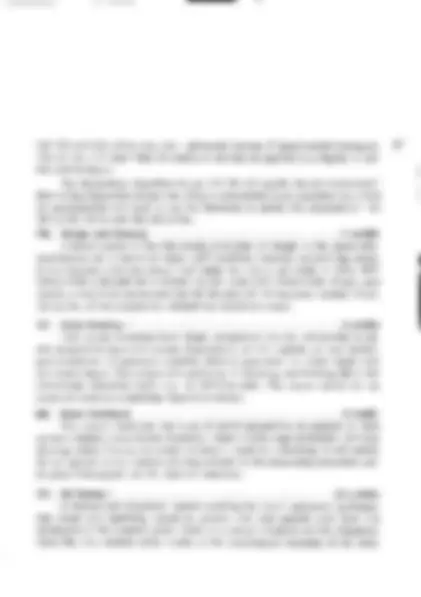
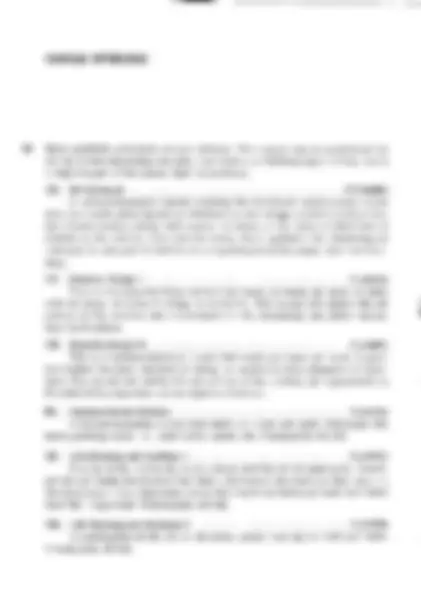
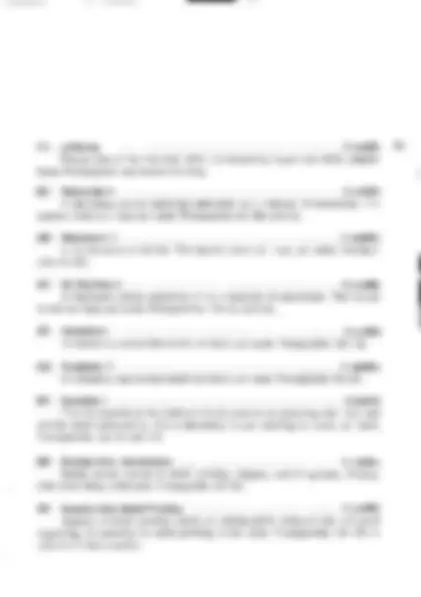
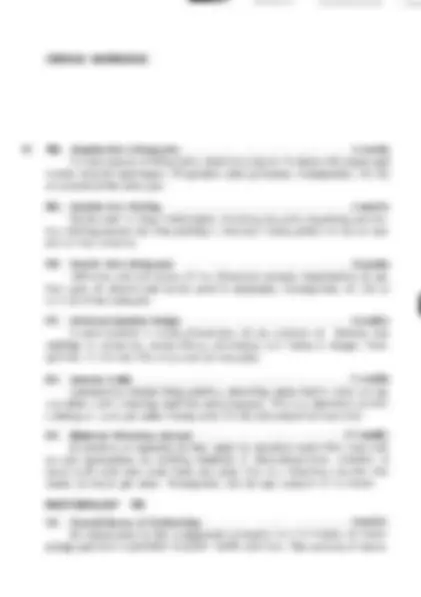
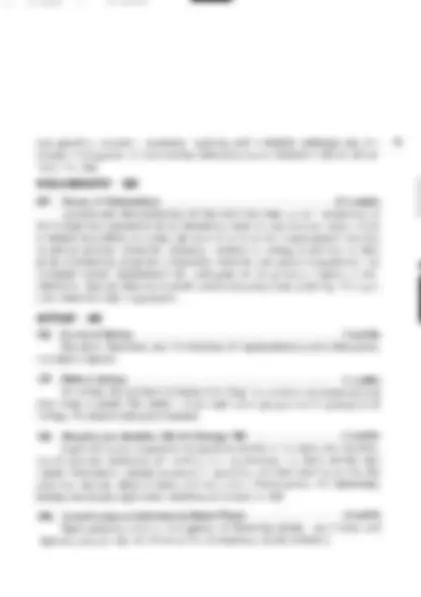
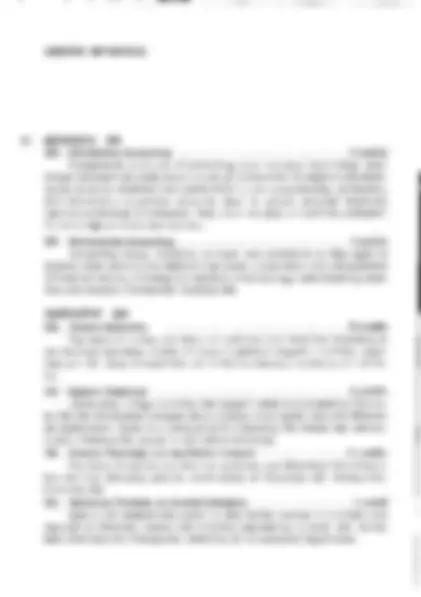

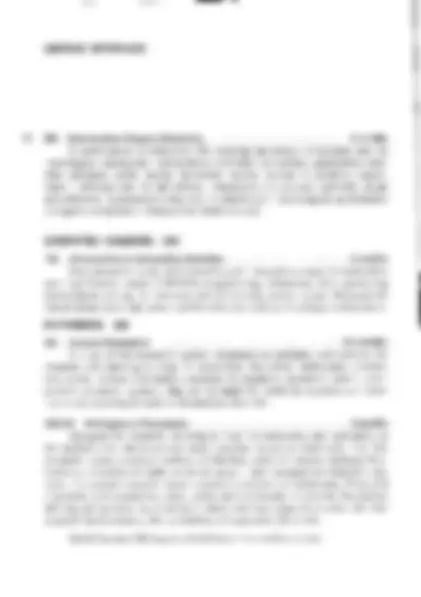
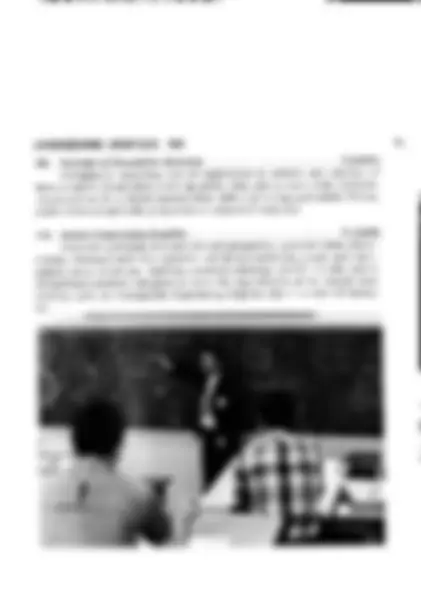
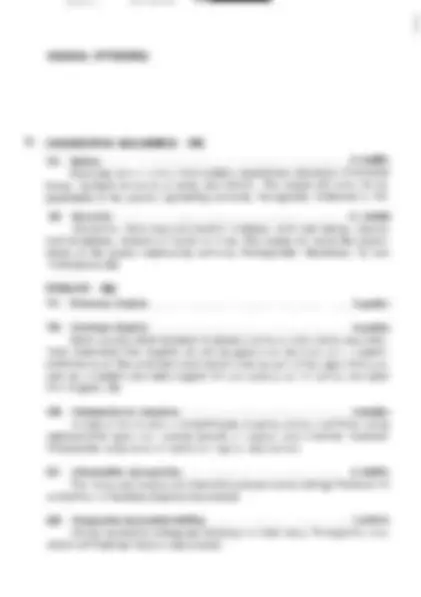
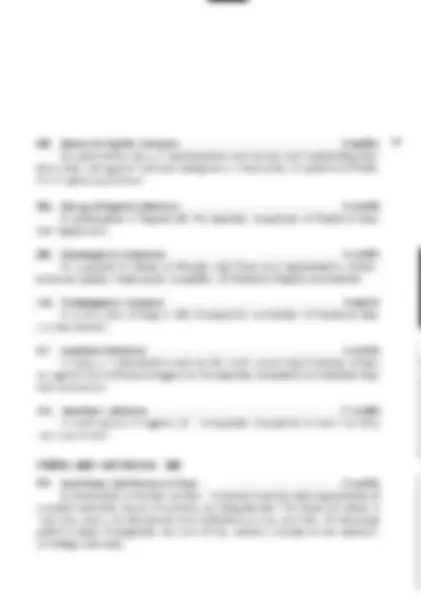
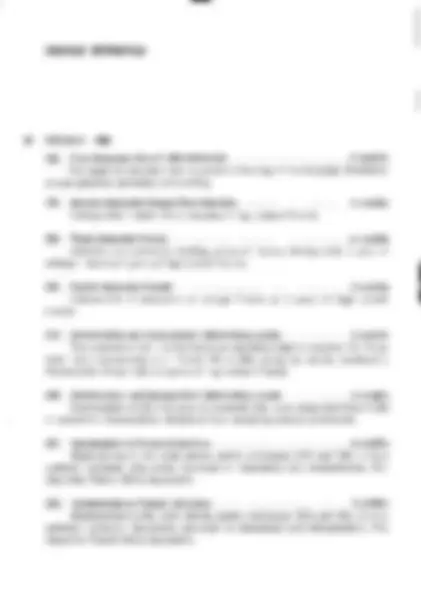
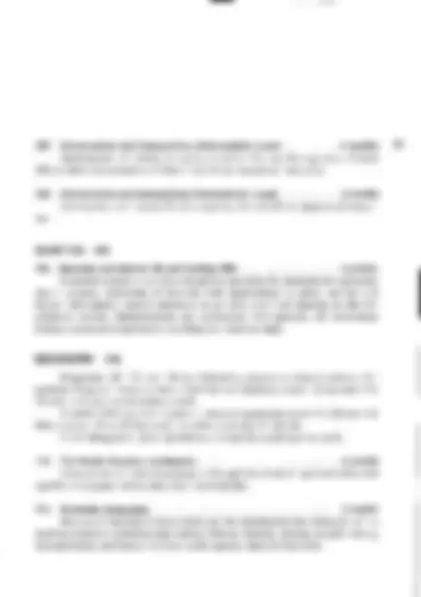
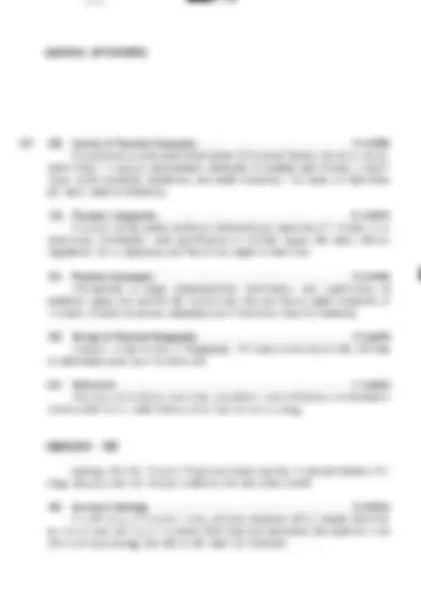
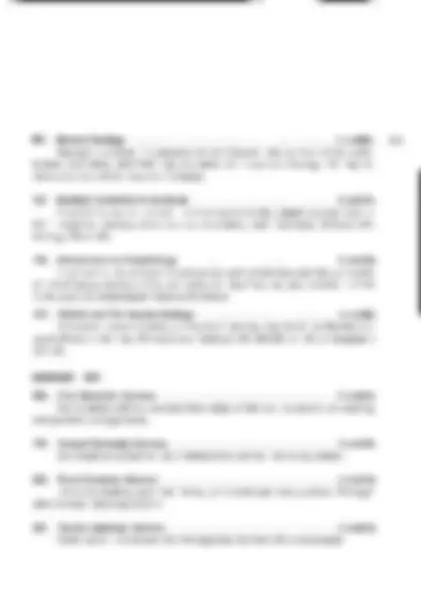


Study with the several resources on Docsity

Earn points by helping other students or get them with a premium plan


Prepare for your exams
Study with the several resources on Docsity

Earn points to download
Earn points by helping other students or get them with a premium plan
Community
Ask the community for help and clear up your study doubts
Discover the best universities in your country according to Docsity users
Free resources
Download our free guides on studying techniques, anxiety management strategies, and thesis advice from Docsity tutors
Information about the University of Wisconsin Center System, which is an administrative and operating unit charged with the coordination of UW freshman-sophomore campuses. It offers a complete two-year liberal arts and pre-professional curriculum, as well as adult and continuing education courses. The document also explains the history of the Center System and how it evolved into strong regional two-year campuses.
Typology: Study notes
1 / 139

This page cannot be seen from the preview
Don't miss anything!





























































































44 Credits for Graduation 45 Associate in Arts or Science Certificate 45 Transfers Within the University 46 Transcripts 46 Concurrent Registration 47 Re-Entry 47 Academic Actions 50 Programs of Study 50 Definitions 50 Introduction 51 Letters and Science-Madison, Milwaukee 60 Special Letters and Science Programs 64 Agricultural and Life Sciences-Madison 66 Business-Madison 67 Business Administration-Milwaukee 69 Education-Madison, Milwaukee 72 Engineering-Madison, Milwaukee 75 Fine Arts-Milwaukee 76 Home Economics-Madison 78 Nursing-Madison, Milwaukee 80 Occupational Therapy-Madison 80 Pharmacy-Madison 80 Social Welfare-Milwaukee 81 Programs for Seniors or Graduates-Madison 82 Other Programs 82 Armed Forces Reserve Officer Programs 84 Junior Year Abroad 84 Summer Session
130 Bulletins
132 Index
8 University Center System Campuses are an integral part of The University of Wisconsin. Taken together these freshman-sophomore units comprise the UW Center System. The roots of the Center System concept are embedded in the Wisconsin Idea of state-wide public service. Birth of the System can be traced to 1923, when the University first offered in Milwaukee an off-campus, coordinated program of freshman-sophomore courses and a collection of adult education evening classes. The Campuses grew in number and enrollment in the depression period, de- clined during World War II, and burgeoned with the return of former servicemen to the point where, in 1946, there were 29 Campuses and 2,600 students outside of Milwaukee. In the late 40's and early 50's they became something more than clusters of classes, decreasing in number, but evolving into strong regional two-year cam- puses, reflecting the basic purposes of the Madison campus and developing their own individual characteristics. Legislation was passed in Wisconsin which authorized local units of govern- ment to issue bonds for the construction of UW facilities. This opened the door to the unique "partnership of people" policy which characterizes the Center Sys- tem. Cities and/ or counties provide the physical plant and the state, through the University, supplies the equipment and the academic programs. Marathon County's funding of facilities specifically designed for a UW Center System Cam- pus in Wausau was a first in 1960, but signaled a trend resulting in the 13 fresh- man-sophomore campuses of today. On July 1, 1968, several of the UW Center System Campuses were academically and administratively linked to two new four-year University institutions. Two-year campuses at Manitowoc, Green Bay, Menasha (Fox Valley) and Marinette are now part of The University of Wisconsin-Green Bay. The Kenosha Campus and the Ra- cine Campus have become a part of The University of Wisconsin-Parkside. A University Center System Campus is administered by a dean, responsible to the Center System chancellor who, in turn, is responsible to the president of the University. Faculty and student participation in the academic and extra-curricu- lar life of the Campuses is in the overall University tradition, but is also indivi- dualized to suit local needs. The "system" part of the Campuses lies in the fact
that they are a collective unit of the University. While much of the basic work of 9 each Campus is accomplished by the local administrative staff and faculty, a Madison-based Center System office provides certain centralized services and coordination. Each of the Center System Campuses serves primarily as a freshman-sopho- more unit of the University, providing a higher educational opportunity in a small college setting. Faculty and students meet the standards required of the University at large, and courses are the equivalent of comparable ones offered on the four-year Uni- versity campuses. Academic credits earned at a Center System Campus are, then, fully transferable-either within the University or to other institutions of higher education. These Campuses enrich the cultural life of the communities in which they are located and, in cooperation with University Extension, offer adult and continuing education classes, workshops and institutes in a variety of subjects. Research is often aimed at applying University resources to local needs. Center System Campuses mirror the basic University functions of teaching, re- search and service. They serve as one of the major organizational instruments whereby The University of Wisconsin is made physically available in many loca- tions.
To qualify for admission, you must be a high school graduate and take one of the two national tests required for admission. The two tests are the American College Test (ACT) given by the American College Testing Program or the Scho- lastic Achievement Test (SAT) given by the College Entrance Examination Board. Normally, residents of the state of Wisconsin must rank in the upper-half of their high school class. If you live in another state, you must rank in the upper 40% of high school graduates nation-wide as measured by high school record and test scores. Your test scores are considered as part of the application, but there is no passing or failing of an entrance test. The University also considers the recom- mendation of your high school principal or guidance counselor. You may receive a permit to enter before you have graduated from high school, since students are admitted on the basis of grades earned through the junior year plus a listing of the subjects carried in the senior year. Your high school program must include 16 units distributed as shown in the chart below:
English (^) --------------------- 3 units Algebra _______________________ 1 unit
GeometrY------------------------ 1 unit Two of the following: A foreign language History and social studies Natural science
2 units 2 units __________ 4 uni 2 units
Academic electives in English, speech, foreign language, history, social studies, natural science, and mathematics (algebra, geometry, trigonometry, analytic geometry, and calculus). Fractional units are accepted, except in foreign language. 3 units Other electives. Fractional units are accepted. --------- 4 units
16 units
WHEN TO APPLY You may apply in October of your senior year in high school for the fall, spring or summer term. Your application must be submitted no later than August 1 for the fall term, December 15 for the spring term and May 1 for the summer term.
APPLICATION FEES
Students who do not live in the state of Wisconsin must submit a $10, non-re- fundable fee with the application for admission. There is no application fee for Wisconsin residents. TRANSFER STUDENTS If you have attended any type of school after graduation from high school, you will complete the same application blank as new freshmen and follow the same application dates. In addition to your high school record, you must submit an of- ficial transcript from all schools you attended after high school graduation. This applies to nursing schools, business schools, vocational schools, etc. as well as other colleges and universities. Failure to submit such records may be cause for dismissal from the University. You are asked to submit the records whether or not you completed any work, regardless of your desire to claim credit for the courses. The only exception is made for training schools you may have attended as part of military service. If you have completed 15 or more credits in another college or university, you will not need to submit the ACT or SAT scores. Residents of Wisconsin must have at least a C average on all college work; residents of other states must have earned grades averaging at least half Band half Con all credits carried.
You are required to have a physical examination, by your own physician, if you are a new, full-time student or if you are re-entering the University after having been out of school two or more years. The results of the physical examination are kept on file in the Campus office and are confidential material. The form which your doctor must complete will be mailed to you after your Permit to Register has been authorized. The results of the physical examination will have no effect on your eligibility to enter the University.
Because most Center System students live at home while going to college, most of the Campuses do not provide dormitory facilities. However, the Marathon County Campus (Wausau) now has a new dormitory available to students. Inquir- ies for housing at the Marathon County or other Campuses should be addressed to t_he Campus dean or the director of student affairs, who will have information available on housing in the community.
Fees If you are a Wisconsin resident for tuition purposes, you will pay $139 per semester for a program of eight or more credits. As an out-of-state student or nonresident, you will pay $372 per semester. You may register for seven credits or less on a per credit (part-time) basis. Wis- consin residents pay $12 per credit; non-residents, $33 per credit. You are not allowed to take six-week examinations, regardless of whether an examination is held before, during or after the sixth week of classes, if you have not paid your fees. The total fee includes, for full-time students, a $20 activity and service fee. Fees paid by part-time students include an activity fee of $2 per credit. Funds derived from this source will be used to improve and enrich student life by a variety of means. (The University reserves the right to alter charges without notice. These fees were effective July 1, 1968.)
Late Registration, Late Payment An added fee of $10 is charged for students who complete registration after classes begin. You are officially registered when your tuition and fees are paid in full. All fees should be paid on or before Friday of the first week of instruction in each semester. If you pay your fees after the first week of instruction, you will be assessed a late payment fee according to this schedule: during the second week of classes, $5; third week, $10; fourth week, $15; fifth week, $20; after the fifth week of classes, $25. A late registration fee is not applicable to part-time students. For this purpose, a part-time student is one who carries 7 or less credits. Part-time students who do not pay their fees before the third week of instruc- tion are subject to the following penalties: payment during the third week of classes, $5; fourth week, $10; fifth week, $15.
Exemption From Out-of-State Tuition
The following is an excerpt from Section 36.16, Wisconsin Statutes of 1963, dealing with exemption from out-of-state tuition at The University of Wisconsin:
(1) (a) Any adult student who has been a bona fide resident of the state for one year next preceding the beginning of any semester for which such student regis- ters at the university, or any minor stu- dent whose parents have been bona fide residents of the state for one year next preceding the beginning of any semester for which such student registers at the university, or any minor student whose natural parents are divorced or legally separated who has resided substantially in this state during his years of minority and at least one year next preceding the beginning of any semester for which such student registers at the university or whose mother or father has been a bona fide resident for one year next pre- ceding the beginning of any semester for which such student registers at the uni- versity, or any minor student who is an orphan and who has resided substantially in this state during his years of minority and at least one year next preceding the beginning of any semester for which such student registers at the university or whose legal guardian has been a bona fide resident for one year next preceding the beginning of any semester for which such student registers at the university, or any minor student under guardianship in this state pursuant to ch. 48 or 319 who has resided substantially in this state during his years of minority and at least one year next preceding the begin-
ning of any semester for which such stu- dent registers at the university or whose legal guardian if a person has been a bona fide resident of the state for one year next preceding the beginning of any semester for which such student regis- ters at the university, shall while he con- tinues a resident of the state be entitled to exemption for nonresident tuition, but not from incidental or other fees and tuition in the university.
(ab) Nonresident members of the armed forces who are stationed in this state and their wives and children shall be entitled to the exemptions provided in par. (a) during the period that such member of the armed forces is stationed in this state.
(ac) Any female student who attended the university as a minor student exempt from the fees for nonresident tuition, and, who, would continue to be entitled to the exemptions provided in par. (a) except for having married a nonresident, shall continue to be entitled to such exemptions.
(ae) Any female who married a bona fide resident shall be entitled to th~ exemp- tions provided in par. (a) effective the semester following her marriage and while continuing to reside in this state.
(b) Any student who has not been a resident of the state for one year next preceding the beginning of any semester for which such student registers at the university, except as above provided, shall not be exempt from the payment of the nonresident tuition fees.
(e) Notwithstanding the provisions of par. (b), any minor or totally dependent per- son who resides outside the state but whose parent, upon whom he is de- pendent, is employed full time in Wis- consin shall be admitted to the univer- sity as a resident student provided that the state of residence provides reciproc- ity in the levying of any taxes on income imposed by such state.
(3) In determining bona fide residence, filing of state income tax returns in Wis- consin, eligibility for voting in the state
of Wisconsin, motor vehicle registration in Wisconsin, and employment in Wiscon- sin shall be considered. Not withstand- ing the provisions of par. (1) (a), a stu- dent from another state who is in this state principally to obtain an education wi II not be considered to have established a residence in Wisconsin by virtue of at- tendance at educational institutions. Note: if you have any questions about your residence status, consult the Resi- dence Examiners in the office of the Registrar, University Center System. The Registrar hears all appeals from the out- of-state classification. Consider informal opinions or statements on residence status by other University personnel as unofficial. In determining your eligibility for ex- exemption from the out-of-state tuition classification, the first day of instruction in a semester is considered the begin- ning of that semester.
20 To help the University judge your need and award aid fairly, parents are asked to complete a confidential statement of their income, assets and liabilities. The University can then determine the difference between what your education will cost and what you and your parents can provide. Also considered in determining a reasonable parental contribution are salaries of both parents, additional income, net worth of business or farm, real estate holdings, savings, investments, special family circumstances such as additional costs of two working parents, number of dependents, student's earning assets, extraordinary expenses (such as business or medical), and certain types of debts. Circumstances such as job expenses or debts, and support of elderly relatives or other children in college, are also taken into account. Students are also expected to contribute to these educational expenses through summer savings. Incoming freshman girls are expected to provide $200, incoming freshman boys, $300; an additional $50 is expected from the student for each additional year, i.e. soph. girl, $250; soph. boy, $350; jr. girl, $300; jr. boy, $400; sr. girl, $350; sr. boy, $450. Students are expected to commit substantially all of their resources toward ed- ucational expenses before they request assistance. Rarely can a student meet all his expenses through one type of financial aid. Assistance generally must come from a combination of resources. A student may be selected to receive a loan and grant, a scholarship and a loan, a loan and a job, or other combinations. He need not accept the whole package to receive part of it.
(1) Only one form is required. When your application is received, you will be considered for all the kinds of financial aid for which you are eligible. You may file an application before receiving a permit to register at the University, but you must have a permit before receiving an award. Application packets and instructions for filing them may be obtained from high school guidance counselors or principals in Wisconsin or from any of the Univer- sity Campuses listed in the back of this catalog.
(2) A Parents' Confidential Statement must be completed by parents of appli- 21 cants for financial aid. This form is included in the application packet referred to above. Deadlines are as follows:
March 1, Transfer and continuing students -February 15 High school seniors will be notified between April 15 and May 15 of the action taken on their applications. Transfer and continuing students will be notified be- tween May 15 and June 15.
TYPES OF FINANCIAL AID
SCHOLARSHIPS Nearly all scholarships are awarded in competition. The Faculty Committee on Student Financial Aids explains the criteria used in selection of scholarship reci- pients: "Scholarships awarded by the Committee on Student Financial Aids to stu- dents entering or continuing at a Center System Campus will be awarded on the basis of scholarship and worth. The amount of the stipend will be determined by need. These principles should always be followed unless the stipulation of the bequest indicates otherwise." Awards to prospective freshmen will be made on the basis of six semesters of high school work. You may, however, submit seventh semester grades, if they are